Have you ever felt a tremor as the earth moved under your feet? It might have been a heavy truck of a stampede of cattle going by, but maybe, just maybe you felt an earthquake. Quakes happen much more often than you might think, although if you’ve ever felt a big earthquake you definitely wouldn’t
Have you ever felt a tremor as the earth moved under your feet? It might have been a heavy truck of a stampede of cattle going by, but maybe, just maybe you felt an earthquake. Quakes happen much more often than you might think, although if you’ve ever felt a big earthquake you definitely wouldn’t forget it. Earthquakes can also be extremely powerful and extremely dangerous. But what causes an earthquake, and when and where do they happen?
Causes of Earthquakes
As a basic answer to the question “What causes an earthquake?”, we can say that movements under the earth make the surface of the earth move – and that’s what an earthquake is! It does, however, get a bit more complicated. The basic idea is that the crust of the earth isn’t one single, continuous piece like the skin of an apple. Instead, it’s broken into large pieces called “tectonic plates”, and the movements of these plates are what normally cause earthquakes. There are heavy oceanic plates under the sea, and lighter land plates. When two land plates meet, they start to push on each other. This builds up a strain of energy until finally, one day, they will slip. Imagine you and a friend leaning on each other until one of you finally slips. When the plates slip past each other, all the energy that was building up gets released in a big wave that spreads out from the point where they moved (this is called the epicenter of the earthquake!).
Causes of Earthquakes – Subduction
Another cause of earthquakes is subduction. This is a fancy word which means that a when a heavy oceanic plate meets a lighter land plate, the heavier plate gets pushed down under the lighter one. This doesn’t happen smoothly like a conveyor belt, however! The plates stick together and continue to push on each other until enough pressure builds up that they slip past each other a little bit. Again, when the plates finally slip, the energy that was building up gets released as a big pressure wave, and this cause the crust of the earth to move – sometimes violently!
Causes of Earthquakes – Volcanoes
In some cases, massive amounts of hot molten rock (magma) and boiling gases build up under volcanoes if their vents are covered and what’s inside can’t get out. This pressure can cause not only eruptions (when the vent finally blows up) but also earthquakes. Volcanic earthquakes aren’t normally as strong as the ones caused by plate tectonics, but they can still cause buildings to collapse!
Other Causes of Earthquakes
In some cases, earthquakes have been caused by huge landslides, both above ground and under the ocean. Some of the actions of petroleum companies drilling oil and gas out of the ground and changing the ground’s pressure have also been linked to earthquakes.
Earthquake Dangers
Now that you know what causes earthquakes, it’s important to be aware of their dangers. In many places, scientist and engineers have designed buildings to be able to withstand the intense shaking of an earthquake. However, in most places around the world, older buildings still collapse in strong earthquakes. Bridges, roads, buildings, and trees can all fall down and be completely destroyed when earthquakes hit. Not only this, but earthquakes that happen near the ocean or under the sea can send their energy waves through the water so that they arrive on shore as tsunamis (sometimes also called tidal waves). These waves can be tens of meters in height and can cause terrible destruction in the places they hit.
Geologists have mapped out all the areas of the earth where tectonic plates either run into each other or overlap each other, so we now know most of the places where there can be earthquakes. They can also measure how much strain is being put on rocks, so we know that an earthquake is building up and we can also predict the size of them. However, no one knows when they will actually happen. Until we can find out a way to know, people living in earthquake danger areas have to be ready and be prepared at all times.
Have you ever felt an earthquake? Where did it happen and what was your experience like?








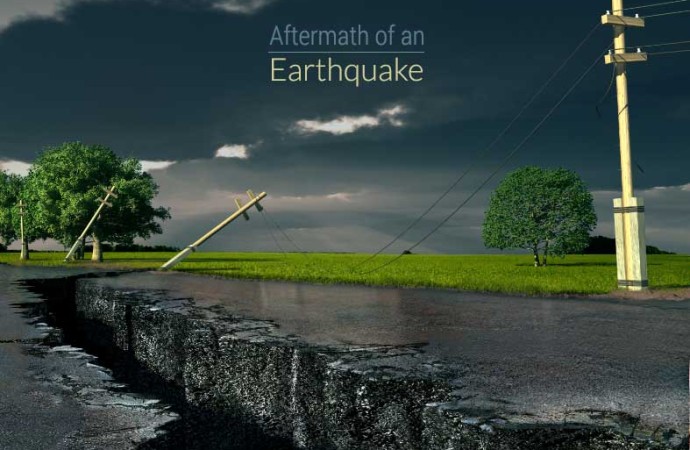


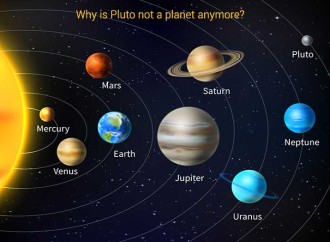

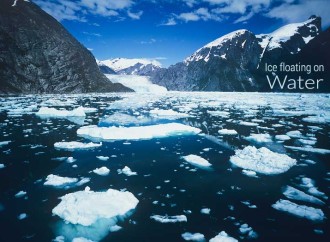

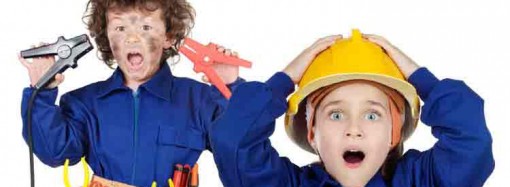


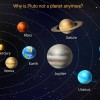

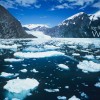







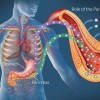






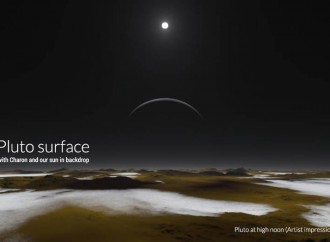












Leave a Reply